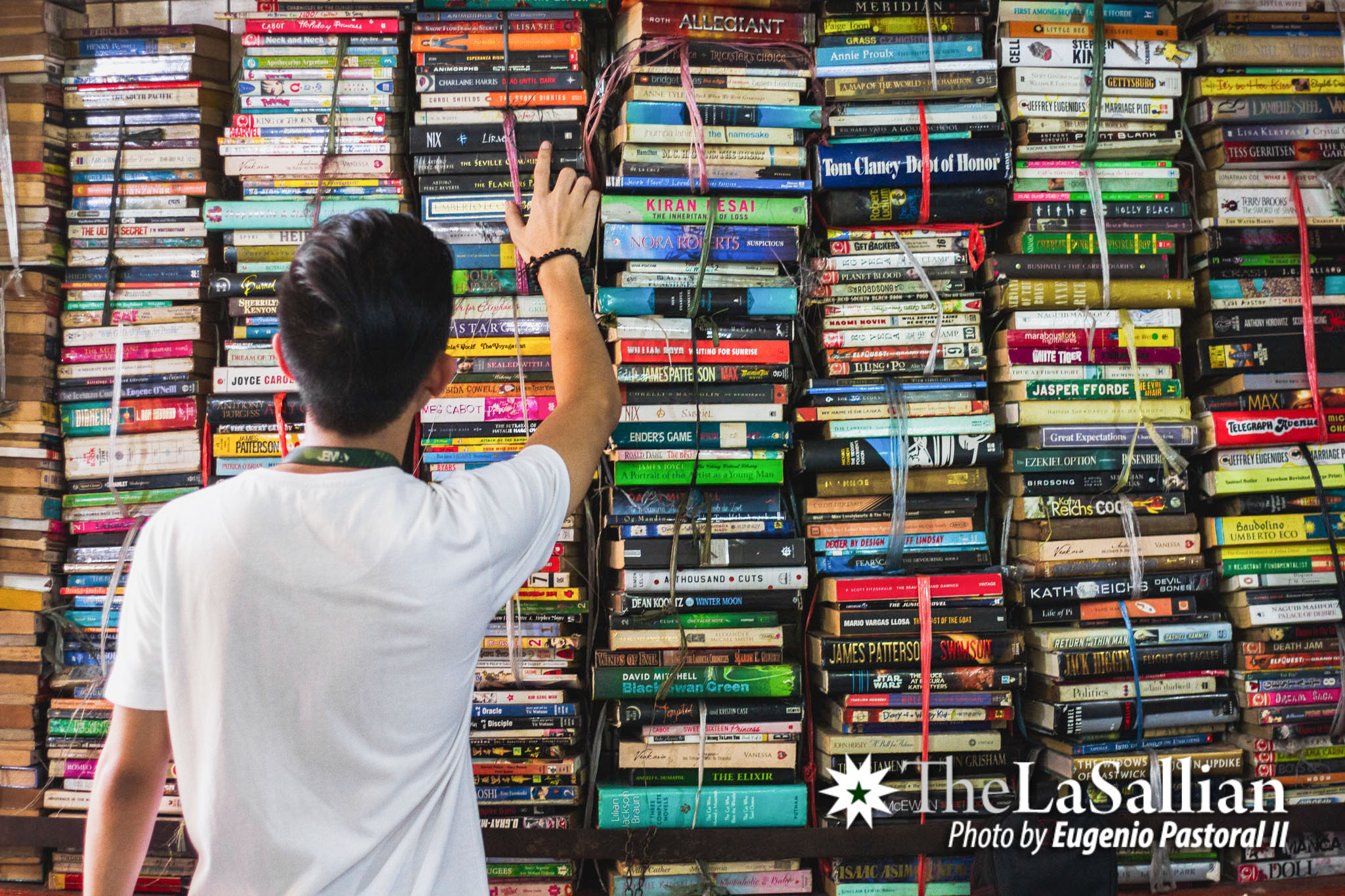Mass-market publishing is a tremendous result of human ingenuity and economies of scale—letting a text that’s been weeks, months, or even years in the making get sold at a fraction of a day’s wages while still earning a profit. Due to the hardy, long-lasting nature of books as a medium, there has always been a space in the market for people looking to sell their books after they or someone else has gotten all they can out of it. Secondhand books have a long and storied history, with their low prices and convenient locations making the possibility of a home library more accessible to all.
Secondhand bookstores occupy a niche within a niche. Due to the hardy, long-lasting nature of books as a medium, there has always been a space in the market for people looking to sell their books after they or someone else have gotten all they can out of it. Books are a mainstay of human culture, and with the sheer quantity of books produced and sold, the secondhand bookstore becomes an economic inevitability. Anyone that wants to start selling secondhand books has a wide range of supplies to choose from. From the selling of personal collections to making a quick buck to the scalping or curating of a select range of texts for a specific audience, people have sold pre-loved books of all kinds for all sorts of reasons.
The most popular name in secondhand bookselling right now is arguably the Booksale brand. With their chain of small stores all having books stacked from floor-to-ceiling—usually out of necessity—their range is truly eclectic, from remaindered copies of bestsellers to former library books that have somehow made their way to the store shelves, having survived decades of use to now be appraised by prospective buyers. Tiny, independent booksellers also dot the Manila landscape, from supermarkets to parks, to standalone establishments mentioned about in travel articles online.

Right around the corner
A few steps away from campus, in the University Mall, you can find a small stall underneath the stairs selling an eclectic range of secondhand books affectionately called Books Please—though no signage or banner within the store indicates that they’ve named it as such.
Maintaining a small business of any kind for six years is an achievement in itself, especially in an industry as saturated and competitive as theirs. While Melinda Mendoza does not consider large book retailers like Fully Booked to be competitors, they were significantly affected by the e-book trend a few years back. “Nung years ago, nag-boom ang e-book, [nang]hina ang mga Booksale.”
(Years ago, e-books made a huge splash in the market, which led to a decrease in Booksale’s sales [and similar stores.])
Fortunately, people soon realized that nothing could replace the unique scent and feel of a book. “Eventually after…ilang years bumalik sila na gusto nila yung na-hahawakan nila yung paper,” she said.
(Eventually after several years they [customers] returned because they wanted to be able to feel the paper.)
Most of the books they stock are classics, since those are what get sold time and time again. She cites Dostoyevsky and Orwell as some local favorites. There is also something to be said regarding the location of her store. “Iba yung environment dito. […] marunong sila (students). Hindi kagaya dun sa iba, dadaan lang sa bookstore. Sila, usually, talagang titingin kahit hindi sila bibili. Nakikita mo interested sila.”
(The environment here is really different…they’re (students) knowledgeable. They aren’t like others who just glance at the books and pass them by, they usually really look at the books even if they won’t buy. You can see that they’re interested.)
Other sellers prefer putting their wares online, with those like The Book Snoop and Books from Underground eliminating the need to go out to a physical store altogether, with the added bonus of a much more clutter-free way of selecting what books to actually pick and get. But the experience of going into a bookstore, and touching, smelling, seeing the stacks of books permeating every corner can’t be replicated. Whether it be online or off, secondhand bookstores contribute to the community and to the local economy—all while giving old books new life.
Reduce, reuse, reread
Aside from personal preference, there is also an environmental case to be made for buying secondhand. It’s no secret that the production of books requires the cutting down and the destruction of trees. Ethically-sourced paper may be a potential route to sustainability, but buying secondhand is a better alternative than buying new ones to lessen the environmental footprint. New books come out every day, but the classics from the Western literary canon—the likes of Plato, Aristotle, Descartes, Orwell, and Huxley—all tend to remain in print due to demand, with an indirect consequence of this being the huge supply of secondhand copies.
These books, deemed as classics of Western civilization, are usually easy to find anywhere—online or off. While they may be regarded as out of date, they form a common literary heritage for all of us to build upon. Buying secondhand is a cheaper alternative to buying new, and the logical extreme of this is having books be leased out for free, for anyone to read.
